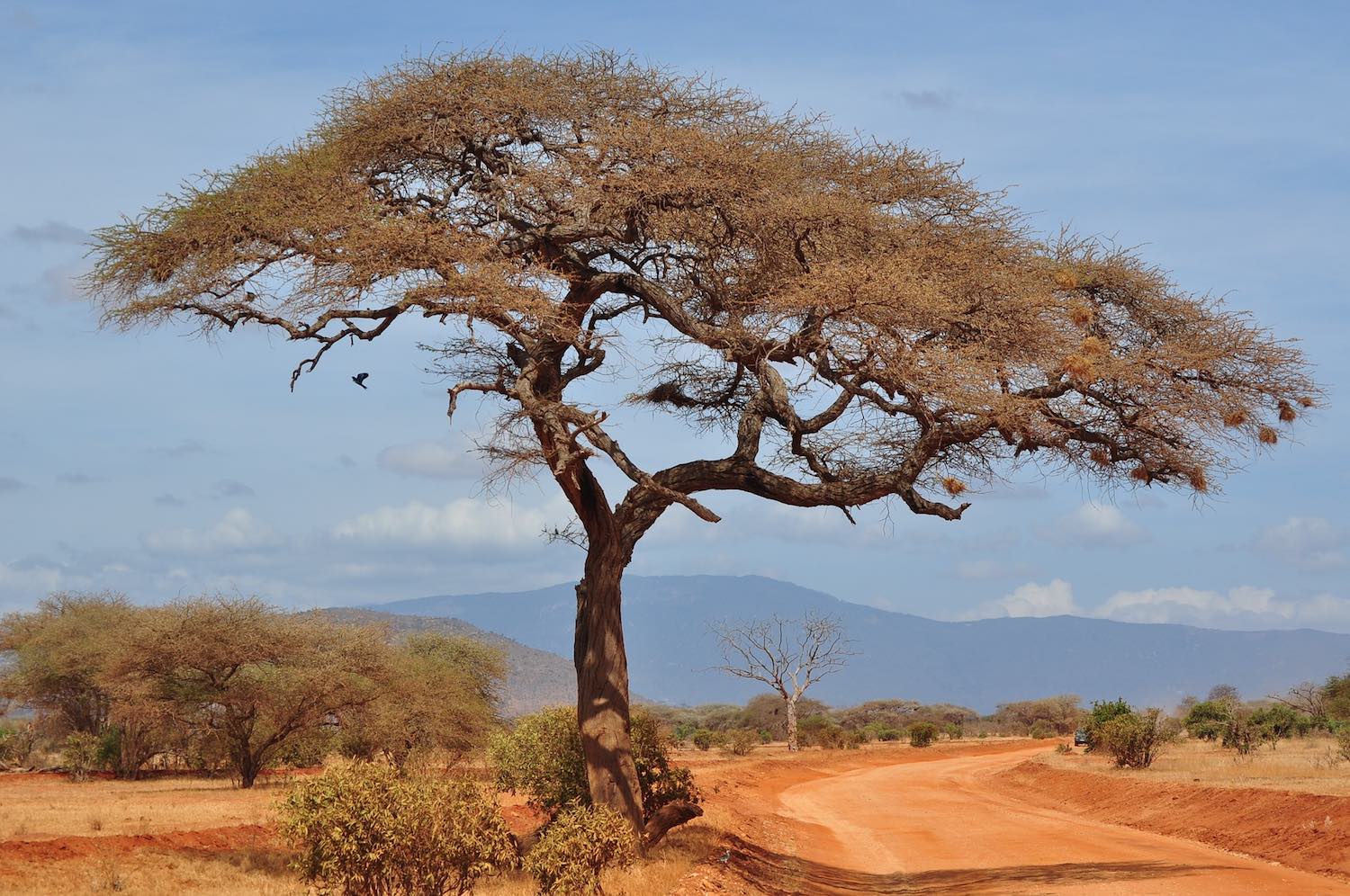ImpactAlpha, Sept. 10 – Turning sugarcane waste into cooking fuel. Growing neem trees to make natural pesticides and insect repellants. Providing affordable piped water for smallholder farmers. These are some of the restorative services offered by the startups in this year’s Land Accelerator, a bootcamp program for African entrepreneurs working in sustainable agriculture and forestry.
Launched in 2018 by World Resources Institute (WRI) in partnership with global accelerator network Fledge, the program addresses the dual challenges of climate change and poverty by supporting sustainable businesses that create local jobs. Sustainable land and farming practices are key to reducing emissions and meeting climate goals. They also add up to an estimated $2.3 trillion economic opportunity that could provide over 70 million jobs globally by 2030, with much of that opportunity being centered in developing countries, according to a recent report.
The 14 startups from eight countries include Niger-based E3D, the neem products producer, Shoots & Roots, a South African commercial nursery, and Rejuvenate Umhlaba!, a Zimbabwe-based company creating a market for land restoration offsets in Africa.
The startups all fall in the “missing middle,” Sofia Faruqi, who designed and manages the Land Accelerator program for WRI, told ImpactAlpha. Yet they need capital to scale. The four-month program, anchored by a week-long in-person workshop, offers a mix of technical support and mentoring to help the companies become investor ready. On Thursday, the program culminates with a Demo Day in Nairobi where the companies will present to investors.
More than 300 startups applied to the program this year. “That signals to us there is a strong interest in being part of the solution and working towards a sustainable Africa by tackling climate change and at same time creating jobs,” says Faruqi.
The Accelerator is also backed by the African Forest Landscape Restoration Initiative (AFR100), an alliance of countries dedicated to beginning the restoration of 100 million hectares of degraded land by 2030, and the The DOEN Foundation, which provides each attendee with a stipend to cover costs.











